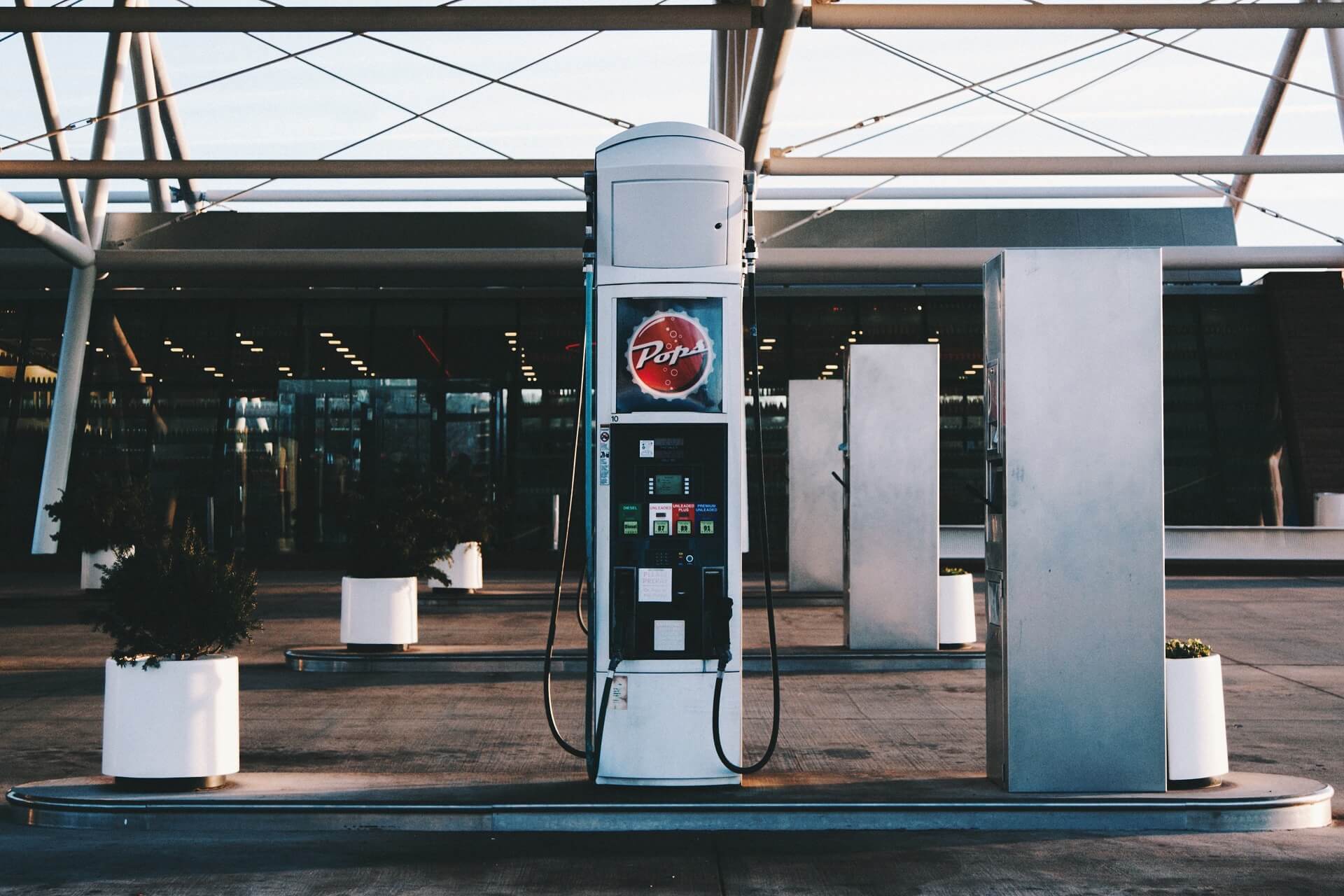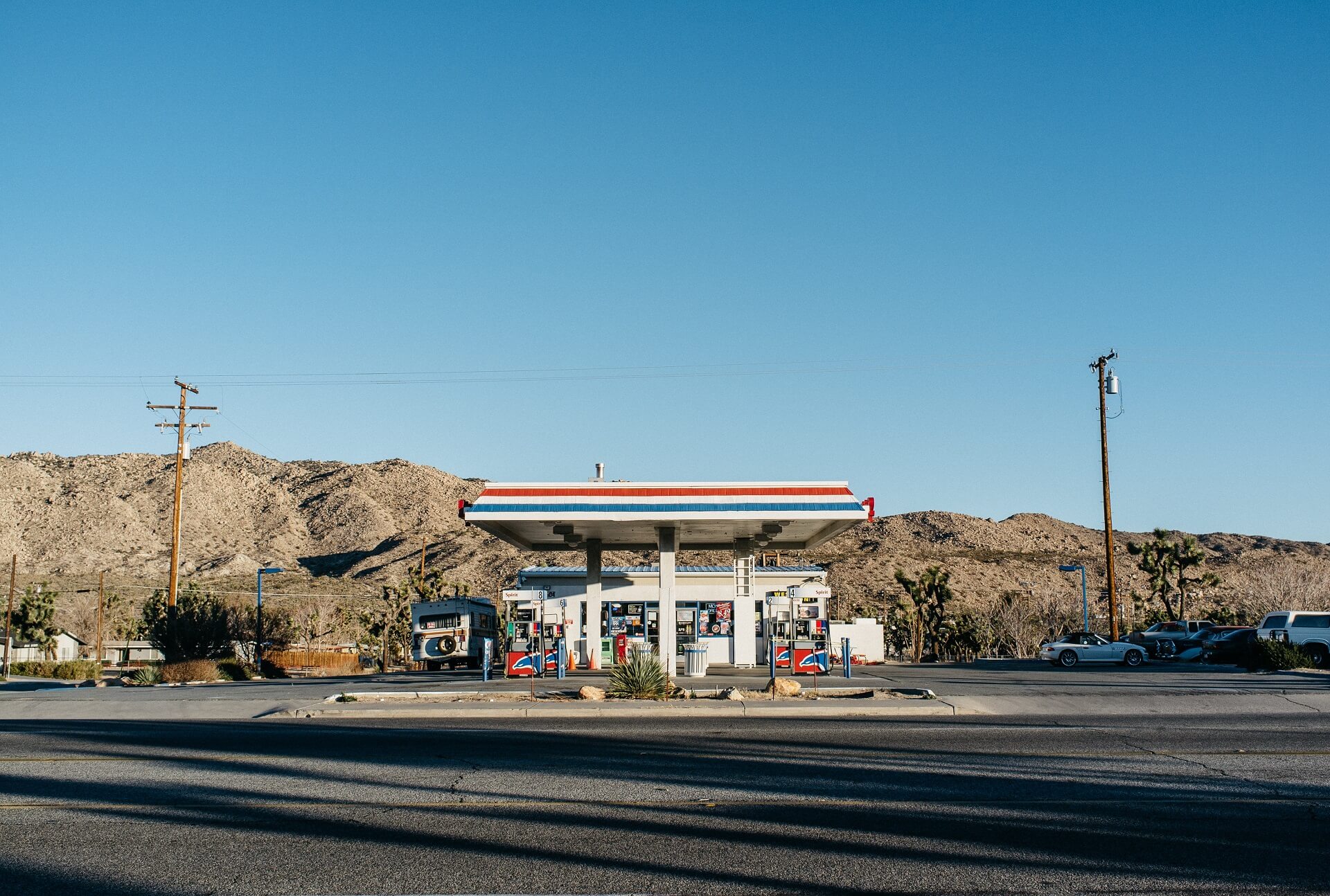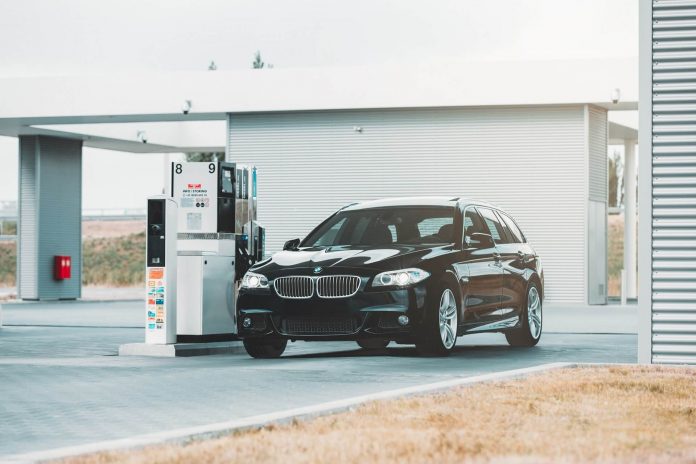In today’s economy, it is all about saving money wherever possible. It is no secret that owning a car is expensive. You have to pay for the actual vehicle, as well as getting it taxed, insured, paying for any problems that happen and, of course, gas. The price of gas is always changing, sometimes it is high and other times it is an acceptable price. It is the reason why many people are opting for hybrid or electric cars, so they no longer need to pay for the expensive fossil fuels.
However, there are ways to help improve your gas mileage and make sure it doesn’t go down so quickly. Here are some handy tips that you can do every day to help the situation.
Go Easy on the Pedal
This applies to both accelerating and braking when driving. If you drive too fast and go over the speed limit not only could you get a ticket, but you could also waste precious fuel. Trying to speed off quickly uses more gas to get the engine working and in the long run you will need to pay more money and visit the gas station more. Instead, press on the accelerator gently to get started and take off at a suitable speed, but not slow enough that people start beeping behind you. You also need to keep in mind that slamming on the brakes will use a lot of energy to bring the car to a stop. Instead, brake slowly and ease the car to a stop to help with gas mileage.
Remove Any Excess Weight
When a vehicle is heavy with lots of items and luggage, the engine will need to work harder to make the car work and consequently it will guzzle more gas. You can help prevent this from happening by removing any unnecessary items from the car that you won’t be needing for your journey. You don’t want to keep going to the gas station and filling up the tank more because you left a massive tool kit in the trunk of the car.
 Reduce Drag
Reduce Drag
When we talk about reducing the drag, we mean the aerodynamic drag that occurs when roof racks are placed on a car to make it less aerodynamic. The air can’t slide over the sleek design of the car and it will cause the car to work harder, thus burning more fuel. When you aren’t using the extra storage on top of the car, remove it to reduce the drag and remove the extra weight with can also be bad for fuel consumption.
Have Regular Services
It is a good rule to get your car checked every so often, whether it is you checking the pressure on the tires or taking the vehicle to a mechanic for a full service. At a service they will check what the oil levels are like in the car and if everything is working as it should, which will help with fuel consumption. Another way to do this is to inflate the tires to the correct pressure because if the pressure is low it will increase the rolling resistance of them on the ground. Checking the tread of the tires at the same time is also a good idea.
Use the Stop/Start Mechanism
Manufacturers are now creating cars that have stop-start technology built into the engine. What this means is that when you are sitting in traffic that isn’t moving, instead of wasting fuel you can simply let to car turn off. To turn it back on you put your foot on the pedals and it will be running again. This can help to save a lot of money with regards to fuel in the future, especially if you live in an area that is populated with traffic. Don’t have the stop-start feature built in? That’s not a problem as you can still turn the engine off with the key, it just takes a little more effort.
 Plan Your Journeys in Advance
Plan Your Journeys in Advance
There is nothing worse than getting home after work, only to realise you need to go back out again to do some shopping. Then there are the times when you get lost while trying to find your way to a new place. All of this wastes fuel, but if you plan your journeys in advance it won’t happen. Another great tip is to check the traffic for the town or city you live in or are visiting, as it will allow you to see what areas to avoid so you can get to where you need to be.
Switch Off the Air Conditioning
One of the biggest features in cars that consume a lot of fuel is the air conditioning. While the heat may be too much too handle, you might want to roll down the window instead. The air conditioning can put a strain on the engine and burn a lot more fuel, especially when used frequently. The same can also be said for the heating system in the car when the winter weather creeps in and people need to use the heated windscreens to clear it. Try to avoid using these features unless it is necessary.
Hopefully these tips, when used correctly, will help to improve your fuel consumption and save you money in the future.







































